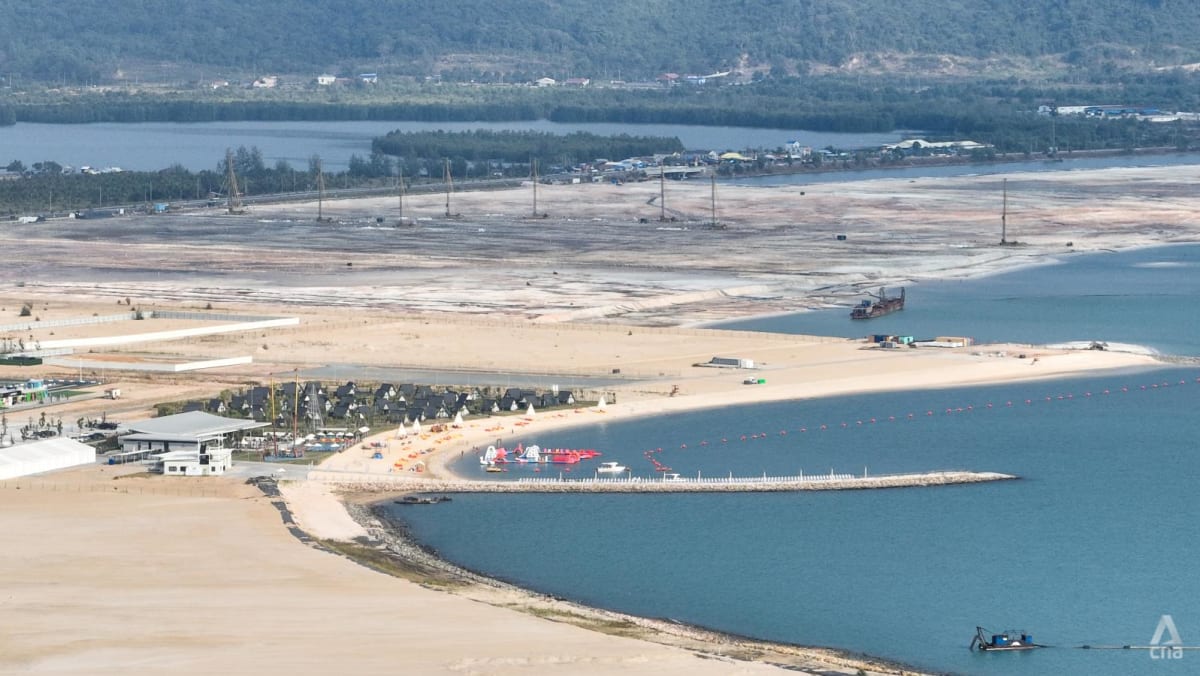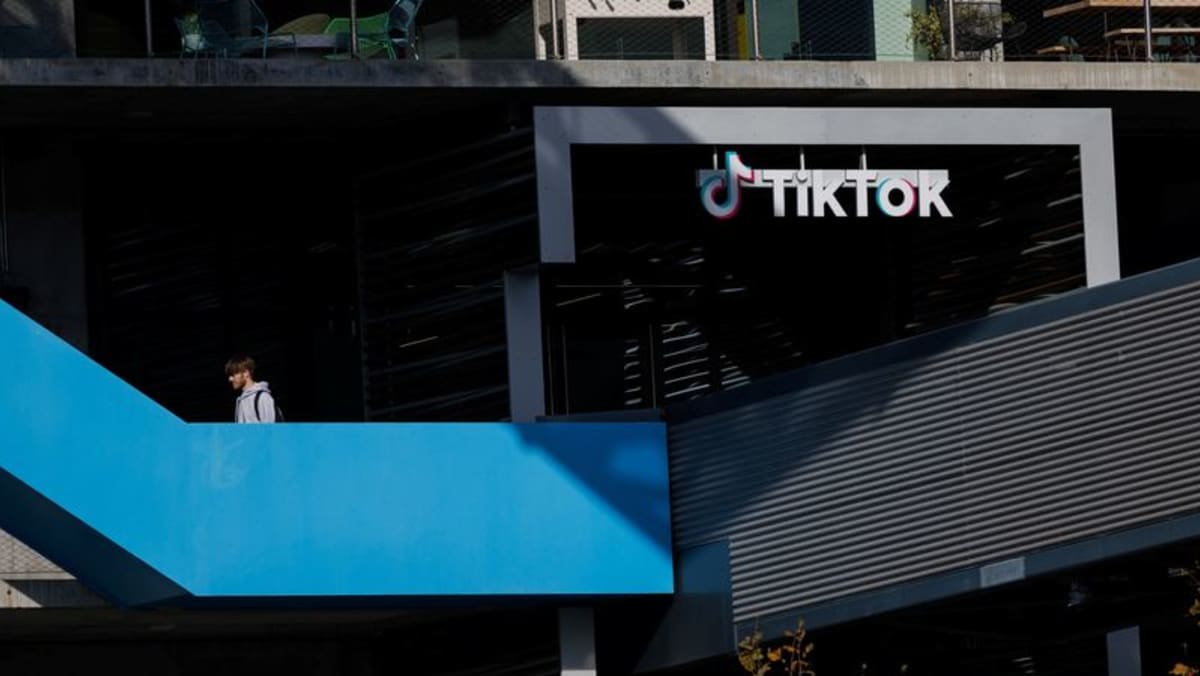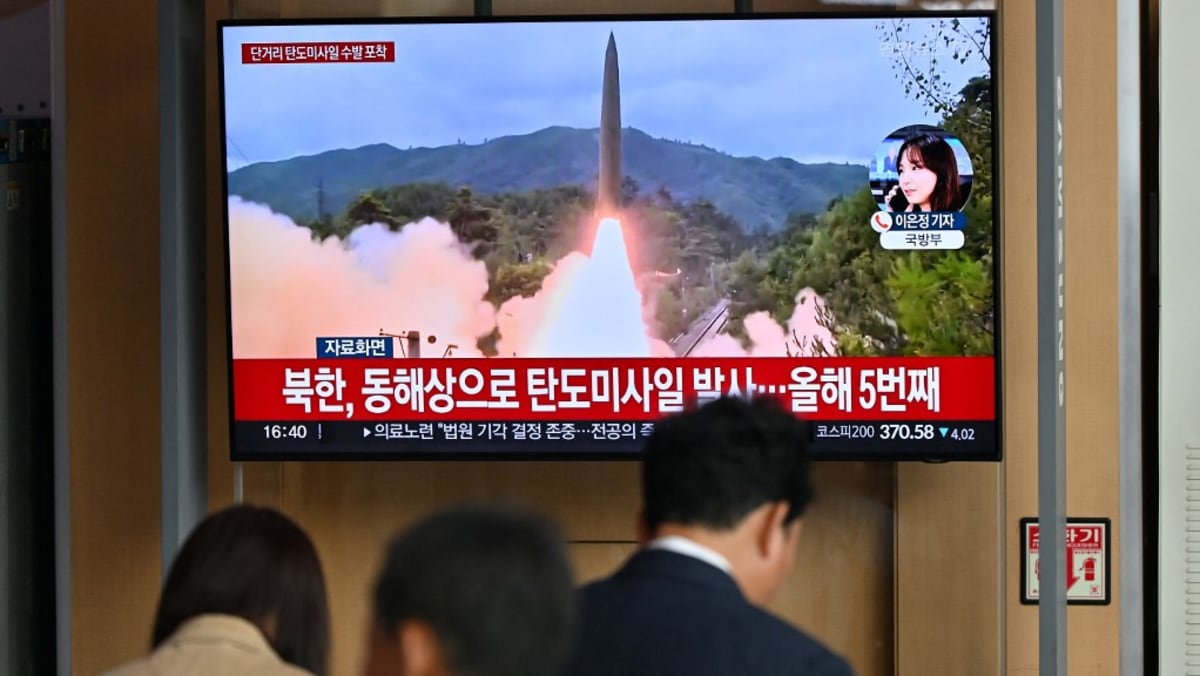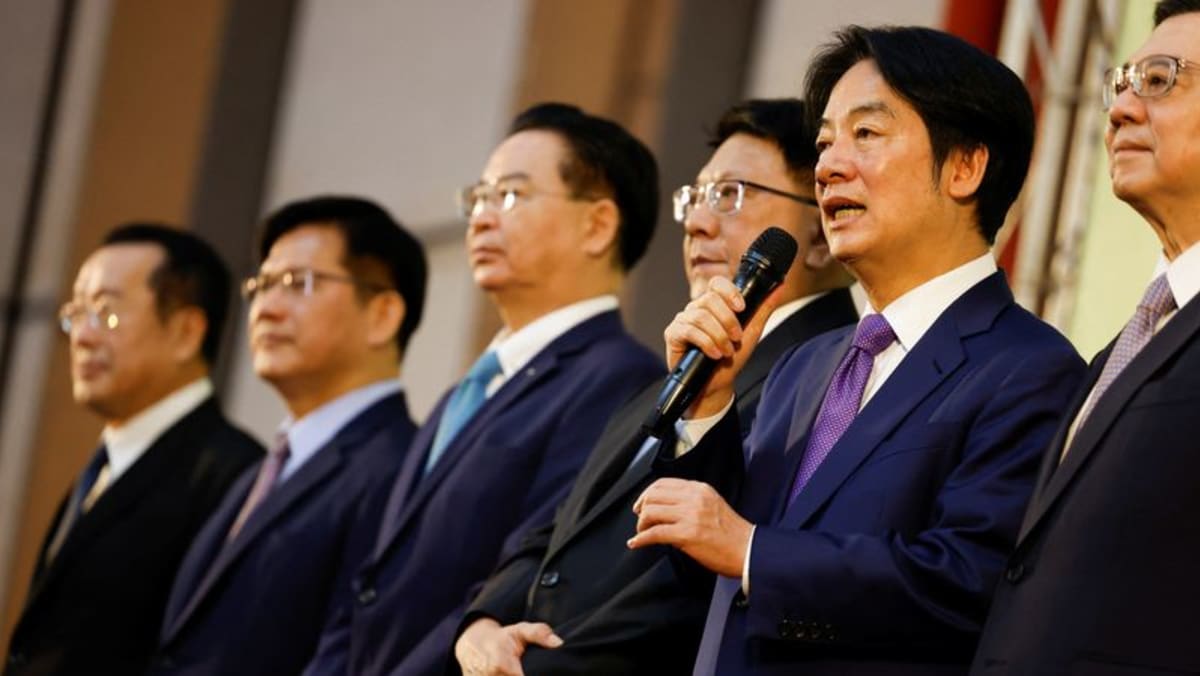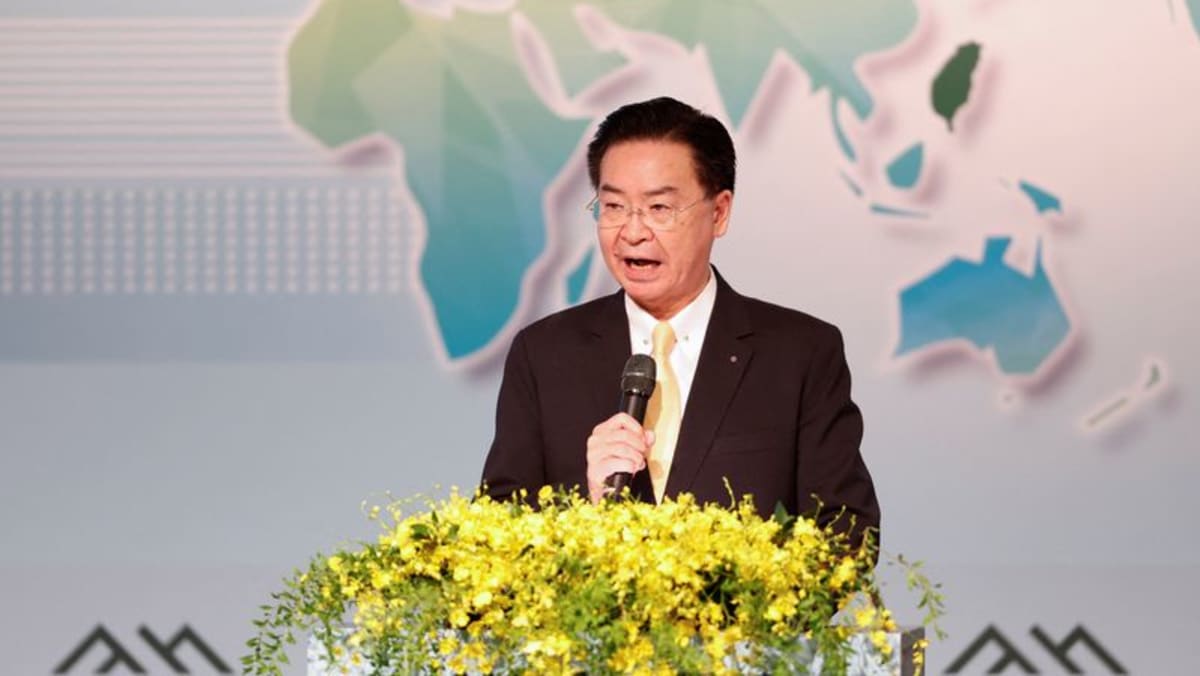FINDING THE MONEY
Finding financial backers and partners for the multi-billion dollar project comes at a time when China – historically a major backer of infrastructure projects in Cambodia – has tightened its purse strings overseas.
The potential troubles facing Prince – and the fluid but strong relationship between Beijing and the new government in Cambodia, led by Mr Hun Sen’s son, Mr Hun Manet – has onlookers concerned about where the vast sources of money needed to finance the Bay of Lights will come from.
“The spigot has stopped, and everyone who lived off of it is living on credit,” said Mr Sophal Ear, associate professor of the global political economy at Arizona State University and an expert on Cambodia-China relations.
“It also seems accurate to say that these investments are changing. This shift could be due to changes in China’s own economic policies, global economic conditions, and Cambodia’s regulatory landscape.
“The new Manet administration’s approach to managing relationships with powerful Chinese groups will be indicative of Cambodia’s future economic and diplomatic direction,” he added.
Canopy Sands said it has “actively engaged with a diverse group of international investors” beyond China, from Singapore, Korea, Japan, the United Arab Emirates, Indonesia, and Thailand, “showcasing the project’s global appeal and its potential to redefine urban living”, according to Mr Chen.
In March, it put pen to paper with UAE-based investment platform, the Annual Investment Meeting (AIM) Congress, in an agreement to construct a convention centre within the Bay of Lights and host future investment conferences.
It was a sign of a rare foray into Cambodia by a Middle Eastern outfit.
“This kind of diversification in investment sources could be a positive step for southern Cambodia, potentially bringing in fresh perspectives, new technologies, and innovative approaches to development … provided it respects local needs and sensibilities,” Mr Sophal said.
For average Cambodians, there is entrenched wariness about the influence of Chinese investments throughout the country, which have left many “out in the cold”, according to Mr Virak.
“Domestically, I think there’s a lot of pushback against Chinese involvement in investment. If you’re not in it, then you won’t like what you’ve seen,” he said.
“I think that has not been helpful in the relationship between your biggest, most important neighbour in the region.”
Cambodians have been priced out of Sihanoukville, amid a construction boom he said, souring locals’ ties with those reaping the financial windfalls.
In recent years, thousands of Cambodians have filed class action lawsuits against Ponzi schemes and prominent tycoons have been arrested for fraud in construction and land investment schemes.
The province’s former governor Yun Min spoke of land and property values doubling, or even quadrupling from 2017 to 2018. Rental market prices surged by up to 10 times compared to before the large-scale Chinese entry into the market, according to local media reports in 2018.
“That has created a skyrocketing bubble. Right now, construction is having a life of its own,” Mr Virak said.
“It’s become an industry driven by speculation, but also driven by money laundering. Construction is usually a response to a certain demand but then people start to use it as a way to clean their dirty money,” he said.
Vast lengths of the southern Cambodian coastline have been converted to private land in recent years in the name of infrastructure and economic development. Prime waterfront, mangrove forest and national park areas have been carved out for various powerful individuals, conglomerates or overseas investors.





